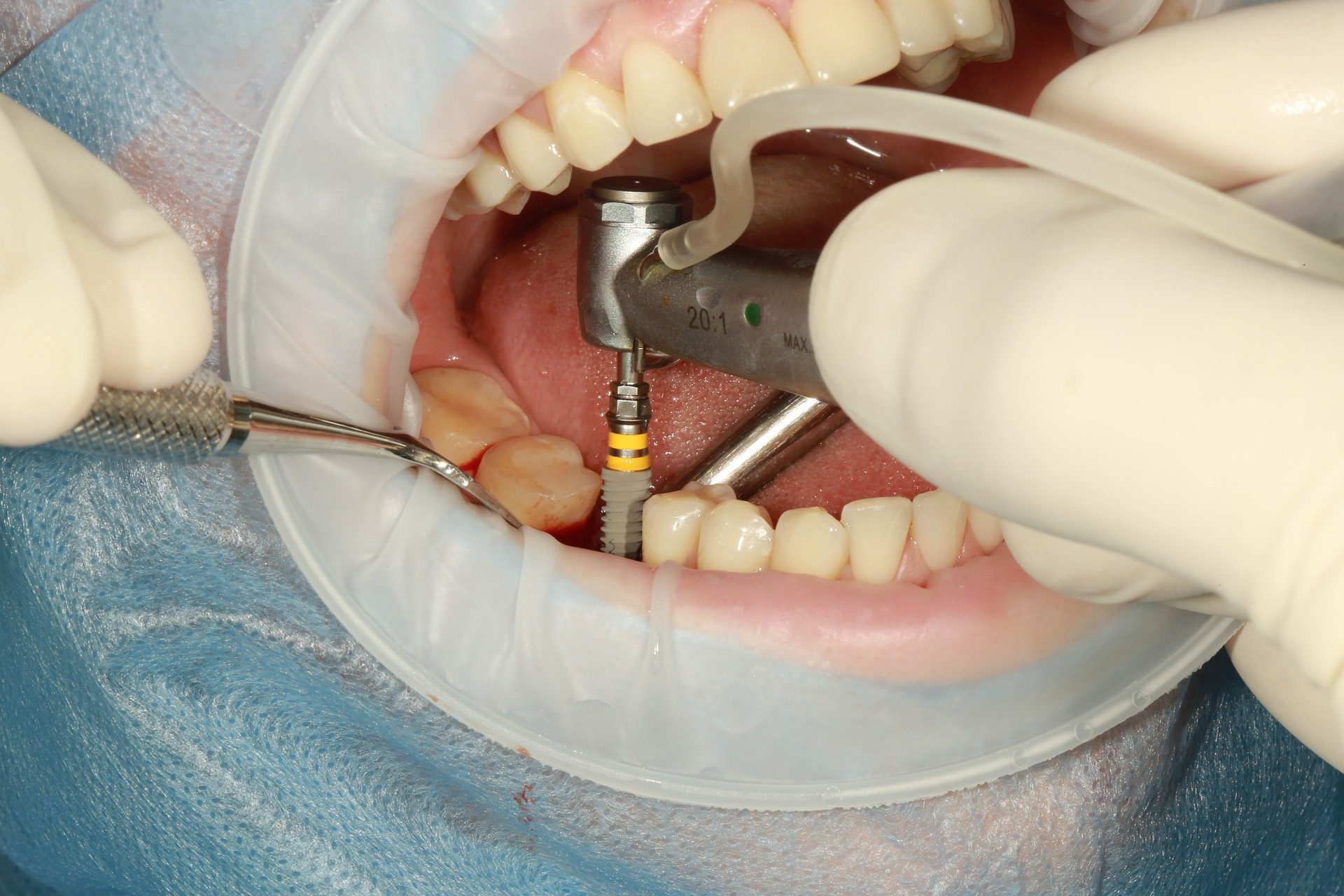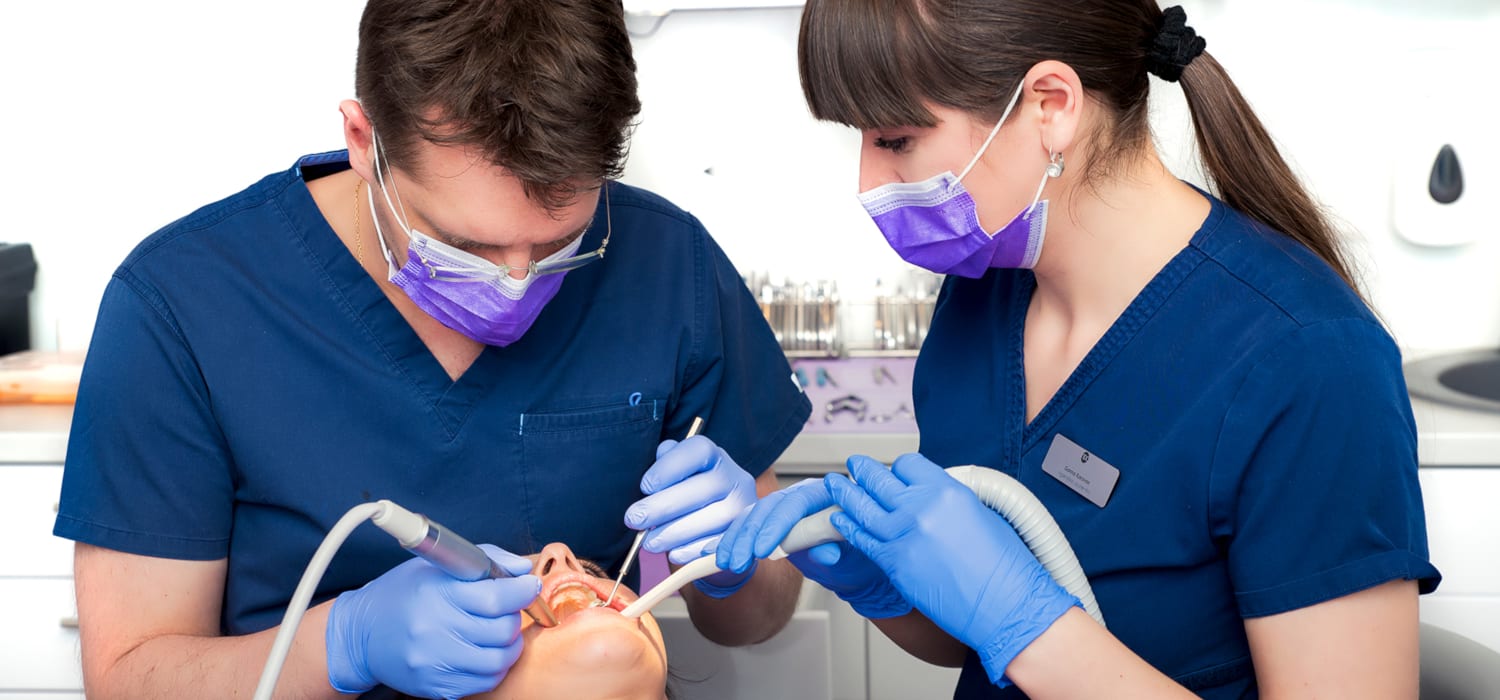Dentistry in Poland – FAQs
What is the Dentists in Poland website about?
We provide introductions with dentists and dental surgeries who offer a full range of general and cosmetic dental treatment in Poland. We have partnered with some of the best dental clinics in the country and as part of the Poland Travel Agency, we are ideally placed to assist you with your travel and accommodation.
Is Dentists in Poland a dental clinic?
We manage a dental clinic in Warsaw plus we provide recommendations to other clinics around Poland. All of the dentists we recommend are vetted to ensure that they are highly experienced and take pride in offering unbeatable customer service and the highest standard of care to their patients. To help you plan your dental tourism experience, we provide a comprehensive service. Simply complete our online enquiry form providing us with some basic information and we will help you to arrange both your trip and your dental treatment.

Is Dentists in Poland a travel agent?
We are part of the Poland Travel Agency, providing unique, up-to-date and detailed travel & tourism information about the country of Poland. We have partnered with the best accommodation, flights & tours providers available ensuring that all your needs are catered for in one place. The Poland Travel Agency booking engine is designed to provide you with the very best deals on accommodation and flights available on the Internet. You can compare airfares from over 1,000 airlines and search more than 800,000 hotels in 205 countries. We work with data from more than 10 online booking systems, such as Booking.com, Agoda.com, Hotels.com & Expedia. We offer directly bookable, instantly available, and completely mobile tickets for museums, shows, and attractions in Poland via the largest online ticketing platform in the world – See tours.
What is dental tourism?
Dental tourism is a subset of the sector known as medical tourism. It involves individuals seeking dental care outside their local healthcare systems and may be accompanied by a holiday.
Why is Poland a good dental tourism destination?
There are many reasons why travelling to Poland for your dental treatment is a great idea, here’s our Top 7.
What is the quality of dental treatment like in Poland?
Dentistry in Poland is advanced, and the education of dentists is high, and regulation is strict. To become a qualified dentist in Poland, students must first undergo five years of training at university. After completing their five-year course, graduates begin a 12-month work experience program. During this time, they are only able to perform treatments under supervision. Following this, they must pass another exam in order to become fully qualified. The dentists listed on this website are highly experienced and take pride in offering unbeatable customer service and the highest standard of treatment & care to their patients. The dental clinics we recommend are modern & equipped with the latest dentistry technologies. Many clinics are ISO 9001 certified.
How much does dental treatment cost in Poland?
Going to the dentist in the UK is expensive with average costs of just one implant being £2,400 and one porcelain veneer starting at £500. If you require a lot of dental work, the final price can run into tens of thousands of £s. Dental tourism to Poland exists for one main reason, dental treatment is significantly cheaper here. A dental implant with a crown will typically cost around £900 and other treatments can be up to 70% cheaper even with the extra cost of flights and accommodation to consider. For further information, please check out our price comparisons page.
Where are the best dental clinics in Poland?
The best dental clinics are located in the major cities, such as Warsaw, Kraków, Gdańsk, Wrocław & Poznan. These cities are also popular tourist destinations, so they are ideal for dental tourism.
Do the dental clinics in Poland offer a guarantee?
This varies from clinic to clinic. Many provide a long dental guarantee on all treatments. Patients get up to 5 years on crowns or bridges and up to a lifetime on implants.
What types of dental treatment can I get in Poland?
We provide introductions with dentists and dental surgeries who offer a full range of general and cosmetic dental treatment in Poland including dental hygienist services, dental implants, root canal treatment, emergency dental appointments and treatments under sedation. For further information, please visit our Dental Treatment page.
What is a dental implant?
A dental implant is a surgical component that interfaces with the bone of the jaw or skull. It supports a dental prosthesis such as a crown, bridge, denture, facial prosthesis or to act as an orthodontic anchor. For further information, please read our Dental Implants post.
What are All-on-4 and All-on-6 dental implants?
This is a popular procedure in Poland where 4-to-6 dental implants are placed in the upper or lower jaw bone to serve as a support for a permanently fixed (non-removable) ceramic bridge made of 10-14 custom-made ceramic crowns.
Is it easy to get to Poland?
Most of Europe’s major airlines fly to and from Poland. Poland’s national carrier is LOT and there are a number of budget airlines that fly to Poland including WizzAir, EasyJet, Eurowings, Norwegian and Ryanair.
What can I do in Poland?
Poland is a very popular tourist destination, particularly the main cities of Warsaw, Krakow & Gdansk where many of our recommended dental surgeries are located. However, there is much more to Poland than just the amazing cities. From Poland’s lake district Masuria with over 2,000 lakes to true wilderness areas like The Bialowieza Forest to the stunning Tatra Mountains – you will find that Poland has something to offer every visitor. With large natural forest, Poland is a bird-watcher’s paradise. Northern Poland caters for beach lovers & Poland is home to spectacular mountain ranges, the world’s oldest operating salt mines, fantastic landscapes, caves, historical monuments and castles & much more.
What is Root Canal Treatment?
Root canal treatment is a treatment aimed at the infected pulp of a tooth which results in the elimination of infection and the protection of the decontaminated tooth from future microbial invasion. Root canals, and their associated pulp chamber, are the physical hollows within a tooth that are naturally inhabited by nerve tissue, blood vessels and other cellular entities. Together, these items constitute the dental pulp. The treatment involves the removal of these structures, the subsequent shaping, cleaning, and decontamination of the hollows with small files and irrigating solutions, and the obturation (filling) of the decontaminated canals. For further information, please read our Root Canal Treatment post.
What does a Dental Hygienist do?
A dental hygienist or oral hygienist is a licensed dental professional, registered with a dental association or regulatory body within their country of practice. In Poland, that is The Polish Academy for Dental Prophylaxis. Once registered, hygienists are primary healthcare professionals who work independently of or alongside dentists and other dental professionals to provide full oral health care. For further information, please read our Dental Hygienist post.
How can I advertise on Dentists in Poland?
Many opportunities exist to advertise on Dentists in Poland. Please visit our advertise page for further information.

